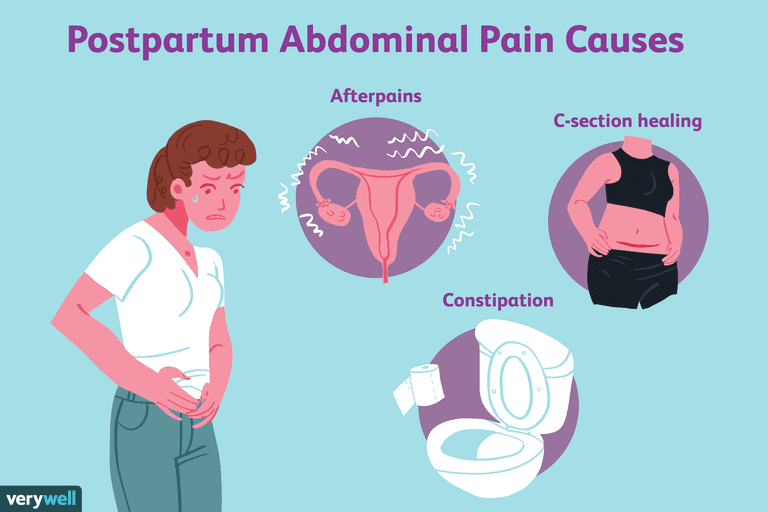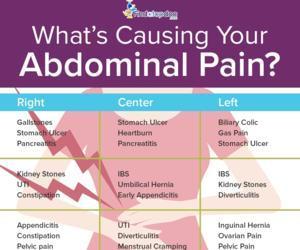Low Abdominal Pain Overview

If you’re experiencing low abdominal pain, you’re not alone. It’s the most common reason for hospitalization in the United States. Diagnosis of the condition is a complex process. Differentiating between benign entities and potentially life-threatening diseases begins with an accurate location. Once the cause of the discomfort has been identified, the differential diagnosis is based on the symptoms and a limited list of possible diagnoses.
Lower abdominal pain can indicate a variety of different conditions. Various medical tests are available, including ultrasound and X-rays. It’s also important to see a doctor if you notice any other symptoms. This includes blood in your stool, high fever, or lightheadedness. If the pain persists, you should seek medical care immediately. A specialist can give you the right diagnosis. If the cause of your pain is still unknown, there are a few other things you can do to help yourself.
Other causes of lower abdominal pain include indigestion, pulled muscle, or gas. Many people experience lower abdominal pain because of problems with their digestive systems. Digestive problems, such as diverticular disease, appendicitis, or colitis, can cause it. Women can experience this pain as a side effect of some medications, and it often becomes worse over time. While most people experience temporary relief, if the pain lasts for longer than a day or two, it’s time to visit a doctor.
When a patient is suffering from acute or chronic pain, the best way to diagnose it is by observing the pain. The most common causes of lower abdominal syndromes include gas, indigestion, and constipation, but they can also be indicative of intestinal or urinary tract problems or even stress. As the pain progresses, it can be a symptom of an underlying problem, such as an infection, or the result of an eating disorder.
If you are experiencing pain in the lower abdomen, it is important to see a doctor as soon as possible. Your symptoms may indicate a more serious condition, such as an infection, but they may also be related to other problems. Moreover, you should seek medical help and advice on the site https://handaldok.com

if pain is accompanied by other symptoms. In severe cases, your doctor may recommend immediate surgery to relieve symptoms. If abdominal pain is accompanied by other conditions, consult a specialist.
If you are unsure of the exact cause of your abdominal pain, you should consult your doctor. In addition to the physical examination, the patient’s medical history will provide valuable information about the source of pain. The patient’s history will provide the doctor with the most important information to determine the origin of the pain. Its location and intensity are important. If the pain is associated with other symptoms, it is recommended to ask the patient about the cause.
Although abdominal pain is a common cause of abdominal discomfort, it is important to get the correct diagnosis. A computed tomography (CT) scan of the abdomen can determine the cause of your pain. A blood test is not required but may be useful in diagnosing kidney stones or urinary tract infections. However, blood tests may not reveal the exact cause and may be inconclusive. Diagnosing the cause of the pain is important, but the patient’s medical history will help determine the best treatment for the symptoms.
Usually the symptom is accompanied by other symptoms. If the pain is accompanied by blood in the stool, then this is a serious illness. It is best to see a doctor if symptoms persist for more than a few days. Depending on the cause, specialist advice may be required. Your doctor can diagnose and treat your pain and guide you in the right direction. There is no reason to be afraid to seek medical help for lower abdominal pain.
Symptoms of lower abdominal pain include indigestion, gas, indigestion, and abdominal muscle tension. In many cases, symptoms may be related to eating, bowel movements, or other medical conditions. For some people, the pain may be caused by a bacterial or viral infection. If pain is accompanied by bleeding, it is better to consult a doctor. These symptoms may be a sign of a more serious condition.